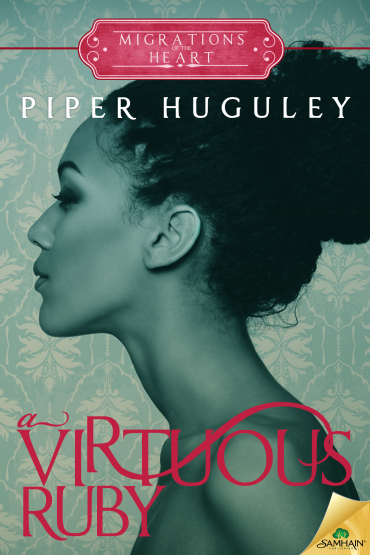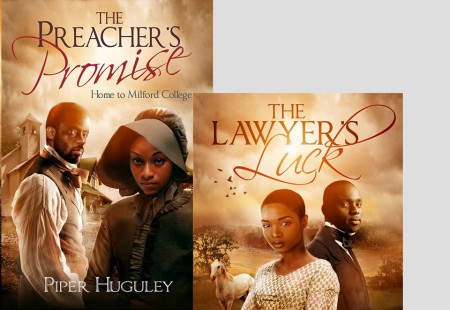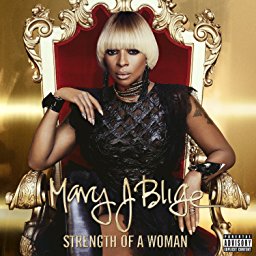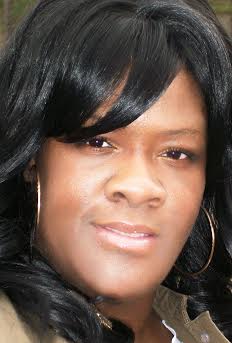“There just wasn’t a lot written by African-Americans back then.” “No such thing as college-educated black women in the 1860s.” “Beverly Jenkins is already writing African-American-themed historical romances, so why bother?”
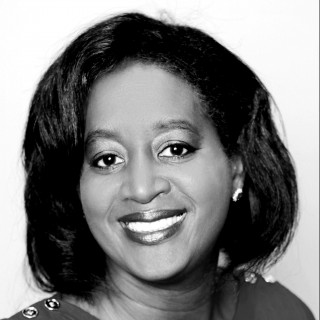 Piper Huguley, a professor at Spelman College, grew tired of hearing the misconceptions and wanted to set the record straight, so she poured an affinity for facts and joy for romance into her own series of books.
Piper Huguley, a professor at Spelman College, grew tired of hearing the misconceptions and wanted to set the record straight, so she poured an affinity for facts and joy for romance into her own series of books.
In Home to Milford College, the first trio of stories are focused on African-American teachers and preachers in the early 20th century. One, The Preacher’s Promise, won Huguley a pair of Emma Awards at The Romance Slam Jam in Dallas last spring.
“There are rich portions of our history that weren’t being explored [from that era], so that was purposeful on my part,” Huguley said recently by phone. The 47-year-old Literary and Composition lecturer is a fan of Jenkins and respects her legacy as a pioneer in the genre of African-American historical romance, which is why she uses different locales and time frames—-as well as a less steamy Christian-based perspective—-to reach history buffs and younger adults. “I grew up hearing tales from my five great-aunts about the World War II era, a time in which blacks moved from the South to the North to rebuild their post-slavery lives with education and factory work [circa 1915].” Huguley says. “It was the largest intra-migration movement in U.S. history and that’s where the stories come from.”
The success of the Home To Milford College novels have paved the way for another set of inspirational historical romances entitled Migrations of the Heart, with its first book, A Virtuous Ruby, debuting earlier this month. Its heroine, Ruby Bledsoe, encounters a doctor and their budding romance becomes fraught with the tensions of the times and the controversial issue of whether or not to use their ambiguous appearances to pass for white.
“I thought that placing a black woman who was proud of what she was with a hero who wasn’t quite there yet would make for interesting conflicts,” Huguley laughs. “The response I get from readers, both black and white, is pretty surprising, since some of them don’t understand why she wouldn’t want to pass. The feedback demonstrates just how deeply the issue of race and skin color still runs throughout our society.”
The fact that audiences are buzzing about her novels is a reward unto itself, especially since there remain naysayers who believe Huguley’s work infringes upon Beverly Jenkins’ in some way, as if fans must choose one or the other and the two writers cannot co-exist or champion each other’s books.
“You don’t hear about other contemporary romance writers being compared,” she says, ” so why readers feel that way about Beverly and I doesn’t make sense. She writes for older audiences and my books encourage younger people like my students, to read about others around their same age from another era. It’s a way for them to get engaged in their history and the figures of the time that can entertain as well as educate.”
Instead of worrying about the haters, Huguley is looking forward to joining Beverly Jenkins at Atlanta’s Medu Book store on Thursday and to the September release of the second novel in the t series, A Most Precious Pearl, which is about a cotton mill owner and an abitious newspaper reporter in a town rocked by a mysterious lynching.
Huguley hopes that readers are both enthralled by the romances and learn something empowering about African-Americans and the accomplishments that endure. 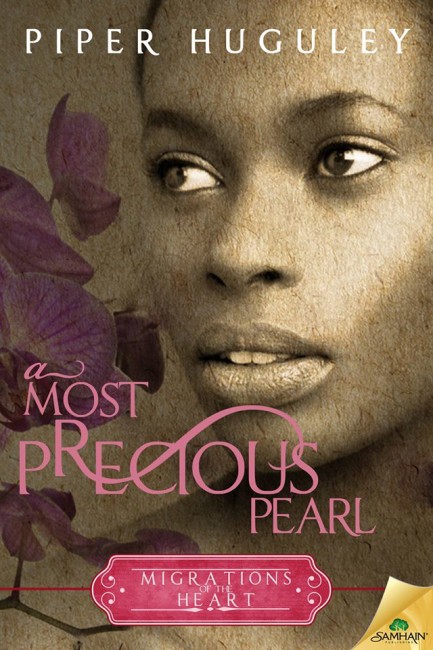
“We are a strong, victorious people,” Huguley says. “There have always been black people who resisted and would not stay satisfied with the status quo, and we need to know more about who these peope were. Ordinary people did extraordinary things, such as your ancestors. Otherwise, how else would you be here?”

